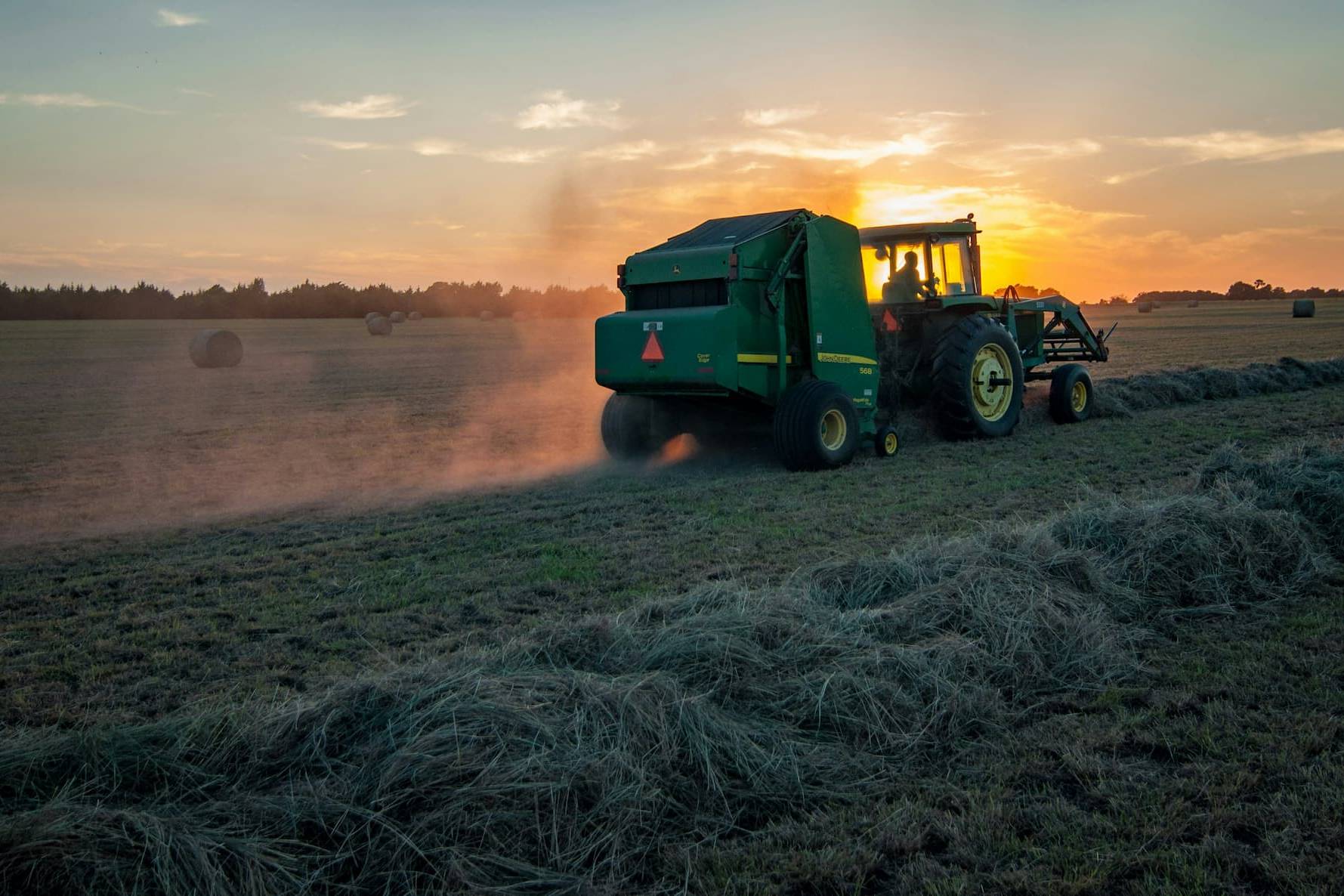Case Library
Establishing a U.S. Manufacturing Facility in China: Overcoming Regulatory Hurdles and Land Acquisition Client Overview
In October 2022, a mid-sized U.S. manufacturing company specializing in automotive components sought to expand its production capacity by establishing a factory in China. The client identified a location in an industrial zone in southern China and needed legal assistance to navigate regulatory approvals, land acquisition, and compliance with environmental and labor laws.
Challenges
Land Acquisition and Lease Rights: Acquiring the necessary land use rights for industrial purposes while ensuring compliance with local zoning regulations.
Regulatory Approvals: Securing permits and approvals from local and national authorities, including environmental compliance and foreign investment regulations.
Compliance with Environmental Laws: Ensuring that the factory adhered to China’s strict environmental regulations, particularly regarding emissions, waste management, and water usage.
Labor and Employment Issues: Navigating China’s labor laws, particularly those related to hiring local employees, employment contracts, and worker safety.
Taxation and Profit Repatriation: Structuring the business to minimize tax liabilities while ensuring compliance with Chinese tax regulations and facilitating profit repatriation to the U.S.
Our Legal Approach
Land Acquisition and Lease Rights
In December 2022, we assisted the client in negotiating a 50-year land lease with the local government, a common practice in China where direct land ownership by foreign companies is prohibited. The lease agreement included provisions for potential factory expansion and flexibility in land use.
Regulatory Approvals
Our legal team provided guidance on meeting Foreign Direct Investment (FDI) regulations, ensuring that the client complied with China’s rules governing foreign ownership in the manufacturing sector.
Environmental Compliance
Our team also provided legal guidance on managing hazardous waste and ensuring the factory met all emission control requirements under China’s strict environmental standards, particularly in relation to air quality and water usage.
Labor and Employment Compliance
We provided guidance on establishing health and safety standards in line with China’s Occupational Safety Law, and implemented a compliance framework for managing workers’ social insurance and housing fund contributions.
Taxation and Profit Repatriation
In May 2023, we provided guidance on profit repatriation strategies, ensuring that the client could legally transfer profits back to its U.S. headquarters while avoiding double taxation under China’s tax treaties with the U.S.
Outcome
Successful Factory Establishment: By June 2023, the factory was fully operational, with all regulatory approvals, land use rights, and environmental certifications in place.
Efficient Land Use Agreement: The client secured a favorable 50-year land lease, with provisions for future expansion, ensuring long-term operational stability.
Full Regulatory Compliance: The factory adhered to all relevant environmental laws and labor regulations, avoiding any fines or operational delays.
Operational Success: Within six months of starting operations, the factory achieved full production capacity, meeting the growing demand for automotive components in both the domestic and international markets.
Tax-Efficient Repatriation: The client successfully repatriated its first profits to the U.S. in December 2023, taking advantage of the tax structure we had designed, ensuring efficient cash flow and compliance with local and international tax regulations.










